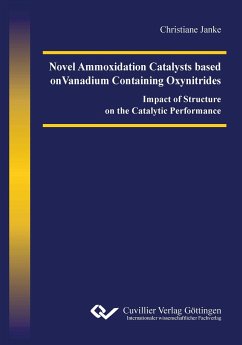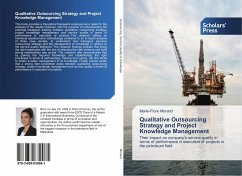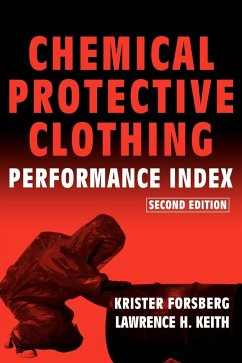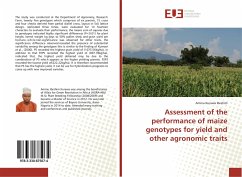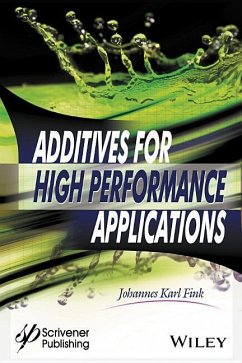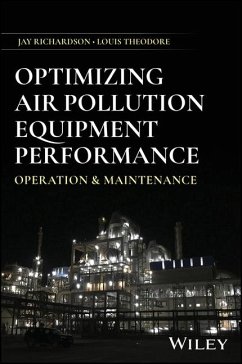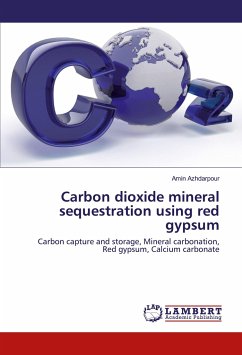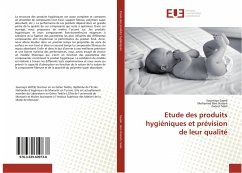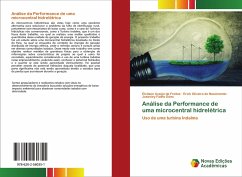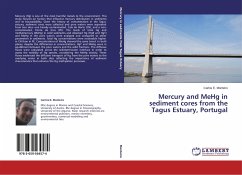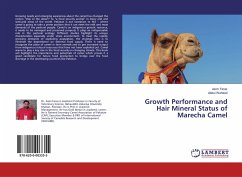
Growth Performance and Hair Mineral Status of Marecha Camel
Versandkostenfrei!
Versandfertig in 6-10 Tagen
27,99 €
inkl. MwSt.

PAYBACK Punkte
14 °P sammeln!
Growing needs and emerging awareness about the camel has changed the notion "ship of the desert" to "a food security animal" in many arid and semi-arid areas of the world. Pakistan is not exception to this - where camel is going to take a prime position that it can meet the milk and meat demands of the pastoral people. Camel is an indigenous genetic resource, it needs to be managed and preserved properly. It plays an indispensable role in the pastoral ecology. Different studies highlight its unique characteristics especially under stress environment. To meet the rapidly growing demands of expl...
Growing needs and emerging awareness about the camel has changed the notion "ship of the desert" to "a food security animal" in many arid and semi-arid areas of the world. Pakistan is not exception to this - where camel is going to take a prime position that it can meet the milk and meat demands of the pastoral people. Camel is an indigenous genetic resource, it needs to be managed and preserved properly. It plays an indispensable role in the pastoral ecology. Different studies highlight its unique characteristics especially under stress environment. To meet the rapidly growing demands of exploding population, the strategic idea is to minimize the dependence on external food supply. There is need to recognize the place of camel in farm animals and to get increased output from indigenous natural resources that have not been exploited yet. Camel seems to play a key role in the food security in changing climate. This book will highlight the importance and potentials of camel which proves it a good candidate for future food production to bridge over the food shortage in the developing countries like Pakistan.



